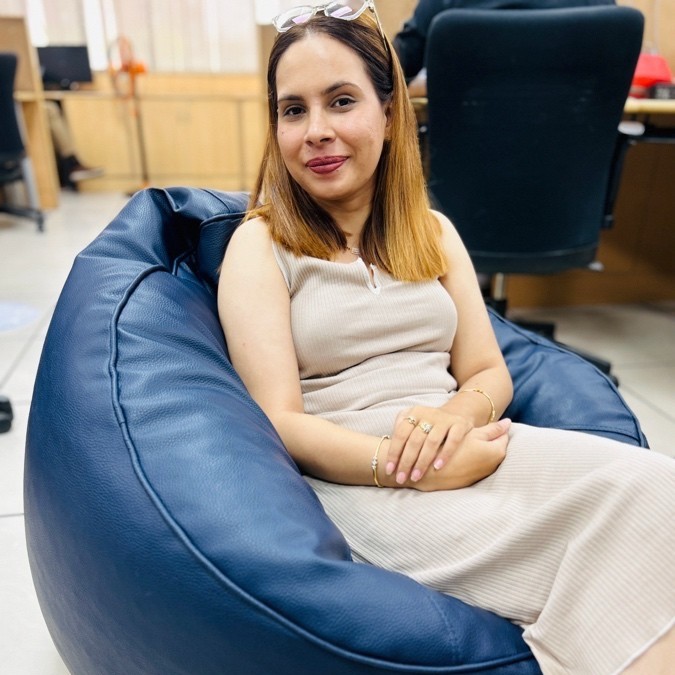How Long Does It Take to Develop a Mobile App?

Are you going to develop a mobile application but have no clue on the timeline? Whether you are a startup, enterprise, or an entrepreneur located in Chicago, having a good understanding of the mobile app development process is important to combine your business goals with a timeline that falls in line with realistic expectations. At eComstreet, a top mobile app development company in Chicago, we understand each and every project can differ in timeline from a few months for a simple application to over a year for a feature rich complex solution.
The development timeframe can vary for many reasons including app complexity, platform (cross-platform/iOS/Android), design complexity, back-end processes and testing processes. As a trusted mobile app development services provider in Chicago, we have helped businesses across industries successfully launch their applications through well-defined framing in order to optimize each phase of app development from ideation to deployment.
This article will break down the key phases of application development, provide realistic timelines and share tips on how to expedite your mobile application project. If you are evaluating a mobile app partner in Chicago that will help you realize your vision in an effective timeframe, this blog will help you plan smarter and ultimately save you money while you improve and accelerate your application!
Also Read: How Much Does It Cost to Develop a Mobile App in 2025? A Complete Guide
Factors involved in the time for building Mobile Apps

Complexity
One of the most influential aspects that will determine development time is app complexity. Highly simple applications with very basic functionality – such as a calculator or to-do list – can be developed in just a few months. Most of these applications have a very limited amount of user interactions, a trivial backend and all standard UI components (e.g., buttons, lists, text inputs). Conversely, a more complex application with lots of features – such as a social networking platform, an eCommerce application, or on-demand application – will require significantly longer. These applications will often need a lot more custom work, as they typically require custom animations, real-time data synchronization, third-party integration, payments systems, tracking, advanced security and much more. The amount of time spent in development for both the functionality and user experience perfection also increases with app sophistication, as the latter requires additional testing cycles.
Platform
Another key consideration is the platform decision. While choosing a mobile app partner in Chicago for developing a native app, for either iOS or Android, the team can work on a single codebase, and the development cycle is more predictable. Developing an app natively for both platforms is going to extend your timeframe, since you will have to build each app separately as standalone applications. Cross-platform development (for example Flutter, React Native) will create efficiencies in one codebase for both iOS and Android. Although you will save time in a cross-platform build, there may be performance or access issues to native functionalities of the device. Making a decision sooner about going native or cross-platform can save you a lot of time in your project schedule.
Configuration
The configuration of your development team plays a large part as well. An in-house team may give you the best control/communication, but hiring and onboarding will likely delay the start of your development. Contracting with an experienced mobile app development company’s team, if the team has a mapped out workflow and resources that are ready-to-go, will typically allow the development to start more quickly. When using an outsourced team, it is vital that communication is clear in everything you communicate, so misinterpretations do not slow down progress. It does not matter if you are using an in-house team or an outsourced vendor, the quality and coordination of effort of the team is going to determine how fast or slow the project moves forward.
UX/UI design
One final point related to your schedule is the toughness of design and rigor of testing. A proper UX/UI design phase at the beginning of the project will help allow for a more straightforward development process but if you cheap-out and/or rush through this phase there is a high potential for design issues to be unlocked in development resulting in costly redesigns during development. The same is true of all those tests into function, performance, security, and user experience that occur before the application is launched. One could be tempted not to undergo a proper and intensive QA phase so as to save time, but the application will be bugged and user experience-compromised after launch, which entails more expensive headaches. Taking the time to get the design and testing phases correct for the initial launch will help save you time when you are pushing to get everything polished and in your own expectation for the application to be published.
Also Read: Top Benefits of Hiring a Mobile App Development Company in Chicago
Conclusion
Building a mobile app has always been expensive and time-consuming. Knowing some major project attributes, for example, complexity of the app, platform choice, and team configuration, and testing processes can really help set realistic expectations. Whether you are going to make a simple utility app or a more complex platform with loads of implementations, proper planning with a sound model of development can very much smoothen the whole procedure with the end product being worth some diagnostics.
Are you ready to make your app idea a reality? Work with a trusted mobile app development company in USA for professional recommendations, a reasonable timeline, and an easy development process! Schedule your free consultation today!
Frequently Asked Questions
What is a standard mobile app development timeline?
The cost of developing the average mobile app typically falls within 4-9 months. Naturally, the time period may vary, depending on the application and how complex and functional it is going to be (and which platform it uses). As a general rule, non-complex apps are estimated to take approximately 3-4 months, whereas apps with more custom integration may take 6-9 months or longer. Selecting a mobile application development company in Chicago can accelerate the process; we have specialists in mobile application development. That is the bottom line for being productive while also being on time and of high quality.
How Long Does It Take to Build an Android App?
Developing an Android app typically takes three to six months organically – the length of time is determined by complexity, features, design, integration, and testing. Since a delay is caused by fragmentation in devices and OS versions, the timeframe can be extended. A good mobile app development company based in Chicago can minimize the timeframe through its services, which optimize the development process and improve performance across all devices.
How Long Does It Take to Build an iOS App?
An iOS application typically requires 3-5 months of development time due to the efficient ecosystem and a smaller number of device variations. More complex applications that utilize advanced features may take a little longer. When you hire a mobile app development company in Chicago, you have the benefit of a faster turnaround because their mobile app development services alone cover the Swift and UIKit engineering expertise, along with Apple’s rigid App Store requirements.
How many app developers do you need to make an app?
The number of developers required to build an app can depend on the complexity of the app. For smaller apps, there may be 2-3 developers (UI/UX, frontend, backend). Larger projects can be 5-10 people, including QA and DevOps. A mobile app development company in Chicago is beneficial, as it provides a dedicated workforce and all the services required for mobile app development. Collaborating on the project becomes easier, and moving into production happens faster.
How to Shorten the App Development Timeline?
Intentionally focusing on a Minimum Viable Product (MVP), cross-platform frameworks (such as Flutter or React Native), and Agile development can help you shorten the app development timeframe. You can also collaborate with a Chicago-based mobile app development company that offers an existing service, such as one that provides a ready-to-use set of templates, professional developers, and convenient project management tools, all of which are already delivered to you to minimize the time to market.











Leave a Reply